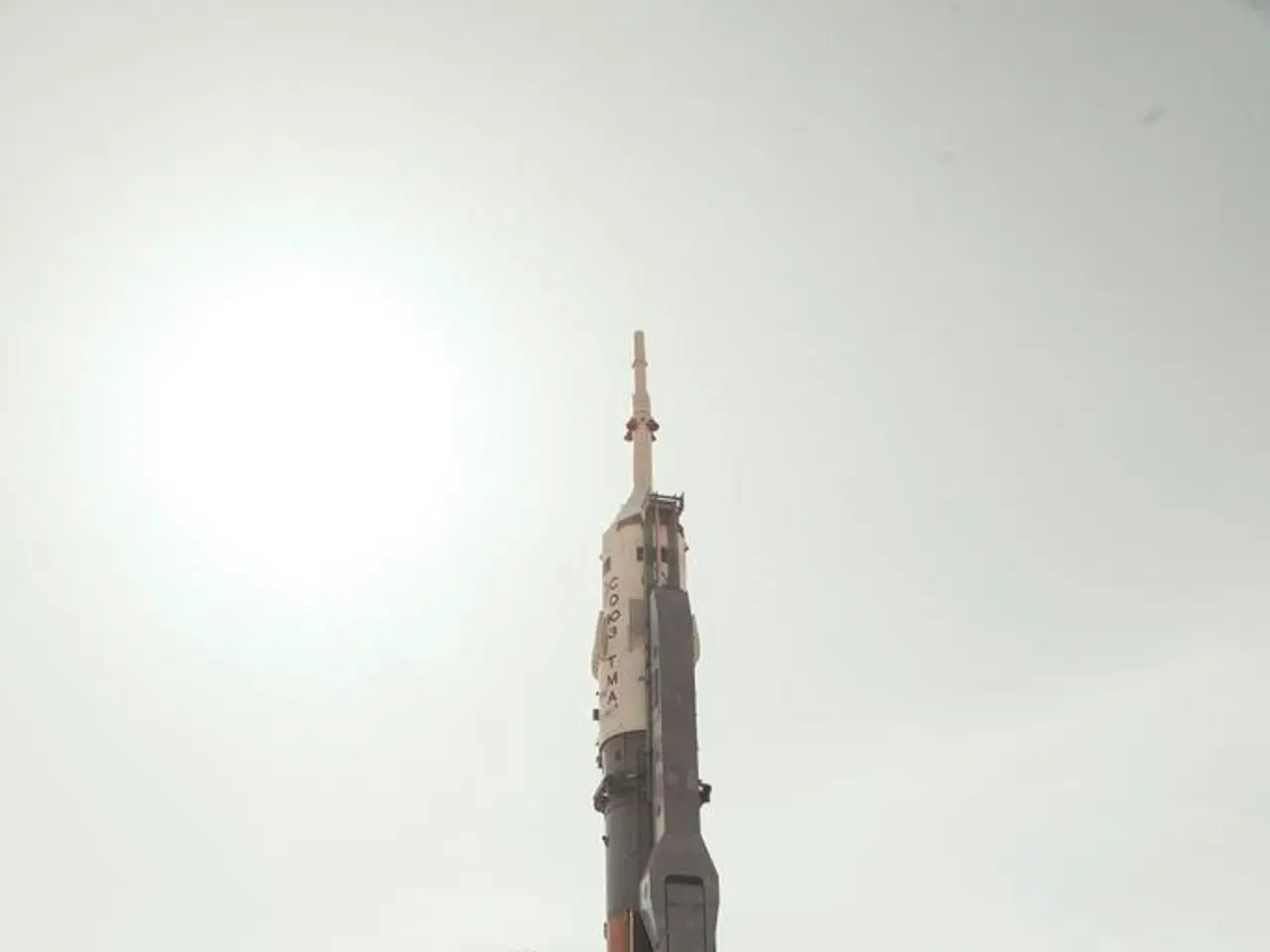Drone operators with Part 107 certification are currently sought by drone service companies for employment opportunities.
The commercial drone industry is experiencing a significant shortage of skilled pilots, according to the Drone Analyst's Market Sector Report for 2021. This shortage is primarily attributed to the fast-growing industry's insufficient training capacity and regulatory hurdles that limit rapid workforce scaling.
The report, which gathered responses from 1,800 people located in 110 countries and working in 39 different industries, reveals that the demand for specialized drone pilots is growing as drone adoption increases across various sectors. In 2021, "Difficulty finding pilots" is a concern for 12% of drone service providers, up from 6% in 2018 and 7% in 2020.
As drone applications expand into new industries such as agriculture, construction, delivery, and public safety, the need for skilled pilots outpaces the supply. The report indicates a sharp rise in sourcing training for drone service providers from 2020 to 2021, with "Sourcing training" rising from about 2.5% to 9%.
The shortage is further compounded by regulatory and training barriers. Strict certification requirements and limited access to affordable pilot training programs slow the rate at which new pilots can enter the field. Increasingly sophisticated drones require pilots to possess advanced technical skills, making it harder to quickly develop qualified personnel.
Competition with other sectors, such as aerospace, aviation, and technology, also reduces the availability of experienced operators. Some drone service companies require pilots with experience in specific types of work, such as roof inspections or inspections in confined spaces. This need for niche expertise means that only a handful of drones may be able to perform certain types of jobs, requiring pilots to know how to fly those drones and possibly master specific drone platforms suited to the work.
The top six concerns for drone service companies in 2021, listed from most to least important, are: Limited working capital, Regulations on Beyond Visual Line of Sight (BVLOS) operations, Illegal operators, Difficulty obtaining waivers, Slow adoption by industries, and State + local restrictions. While these concerns are separate from the pilot shortage, they further complicate market dynamics.
The issue of "Sourcing qualified pilots" has proportionally risen for drone service providers, mirroring the shortage seen in the industry. The report also highlights privacy and data security concerns, with worries about Chinese drones secretly recording user data being a particular concern.
In conclusion, the 2021 report attributes the drone pilot shortage primarily to a fast-growing industry with insufficient training capacity and regulatory hurdles limiting rapid workforce scaling. The evolving drone regulatory and supply landscape in 2025 further complicates market dynamics but stems from different factors. The data suggests a potential shortage of qualified drone pilots or an issue connecting drone pilots with those who want to hire them.
- To address the drone pilot shortage, there is a growing need for the Federal Aviation Authority (FAA) to focus on enhancing drone training programs and streamlining certification processes.
- The increasing demand for specialized drone pilots in various industries such as agriculture, construction, delivery, and public safety require the adaptation of drone lifestyle trends, incorporating safety regulations, and leveraging advanced technology for efficient training.
- Pilots aspiring to enter the drone industry may benefit from familiarizing themselves with the specific drone platforms suitable for niche jobs, fostering a broader skillset and increasing their employability.
- As the commercial drone industry evolves, the challenge of finding skilled, certified, and adaptable pilots who can perform complex drone tasks under regulatory and technological constraints will remain a critical factor in industry growth.




